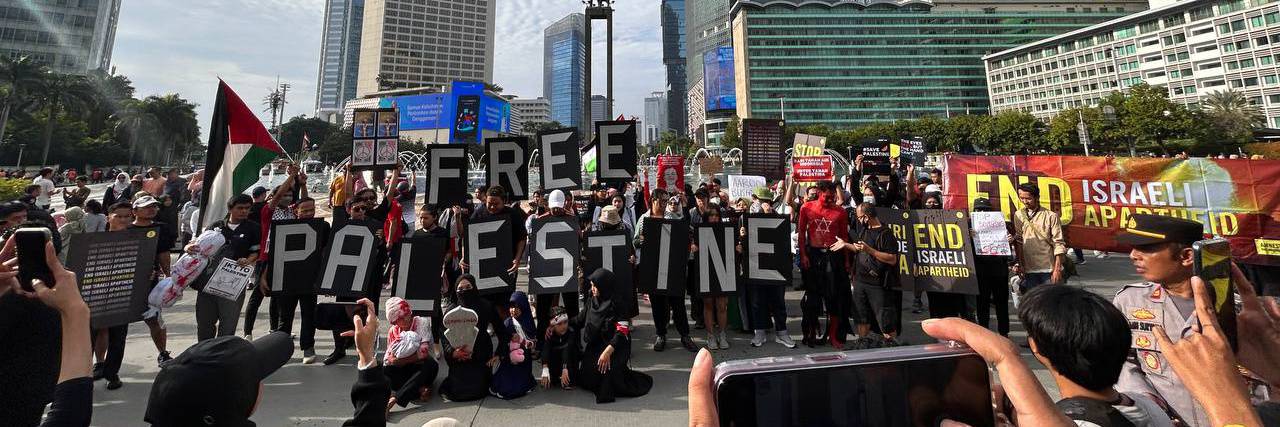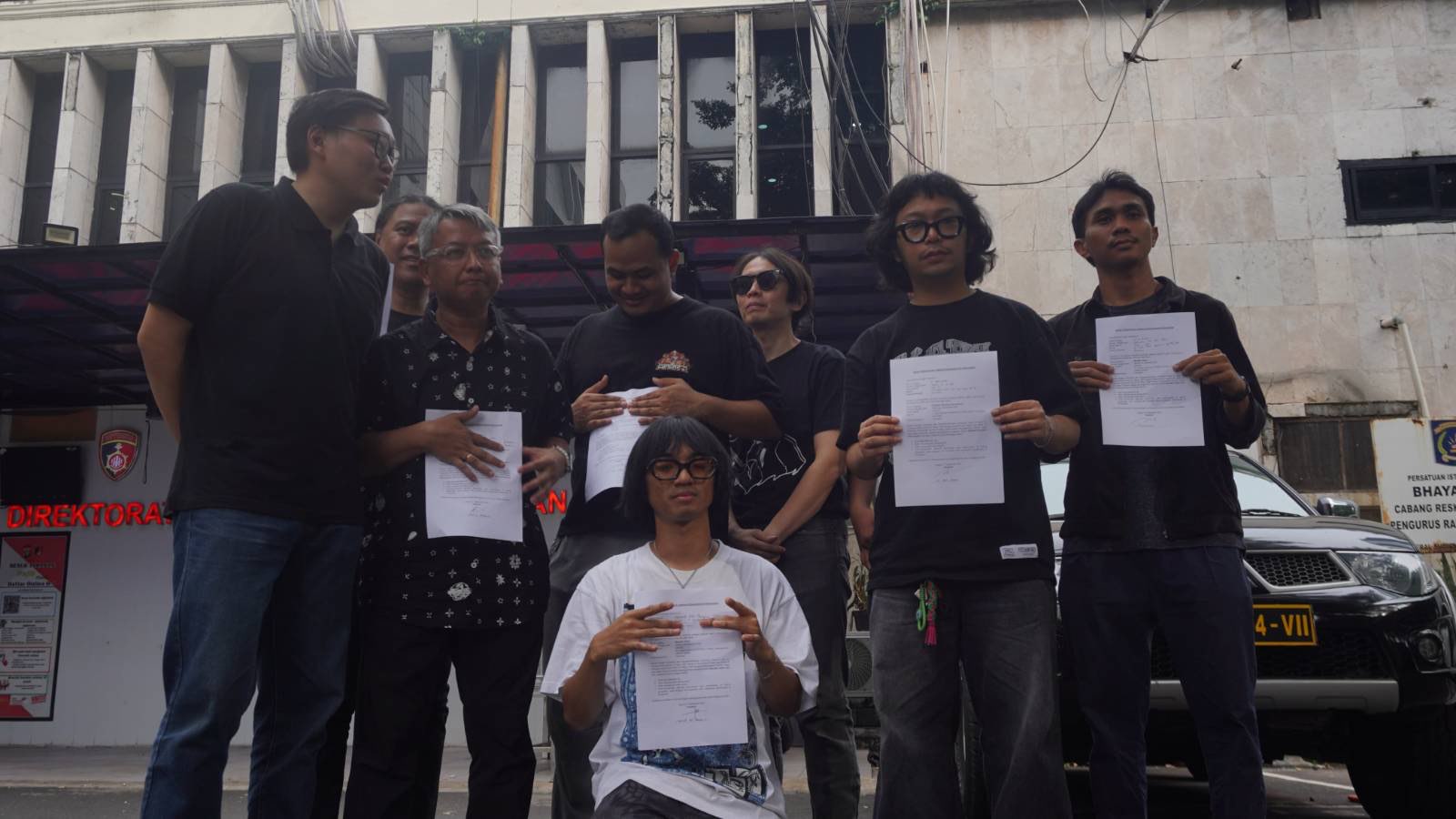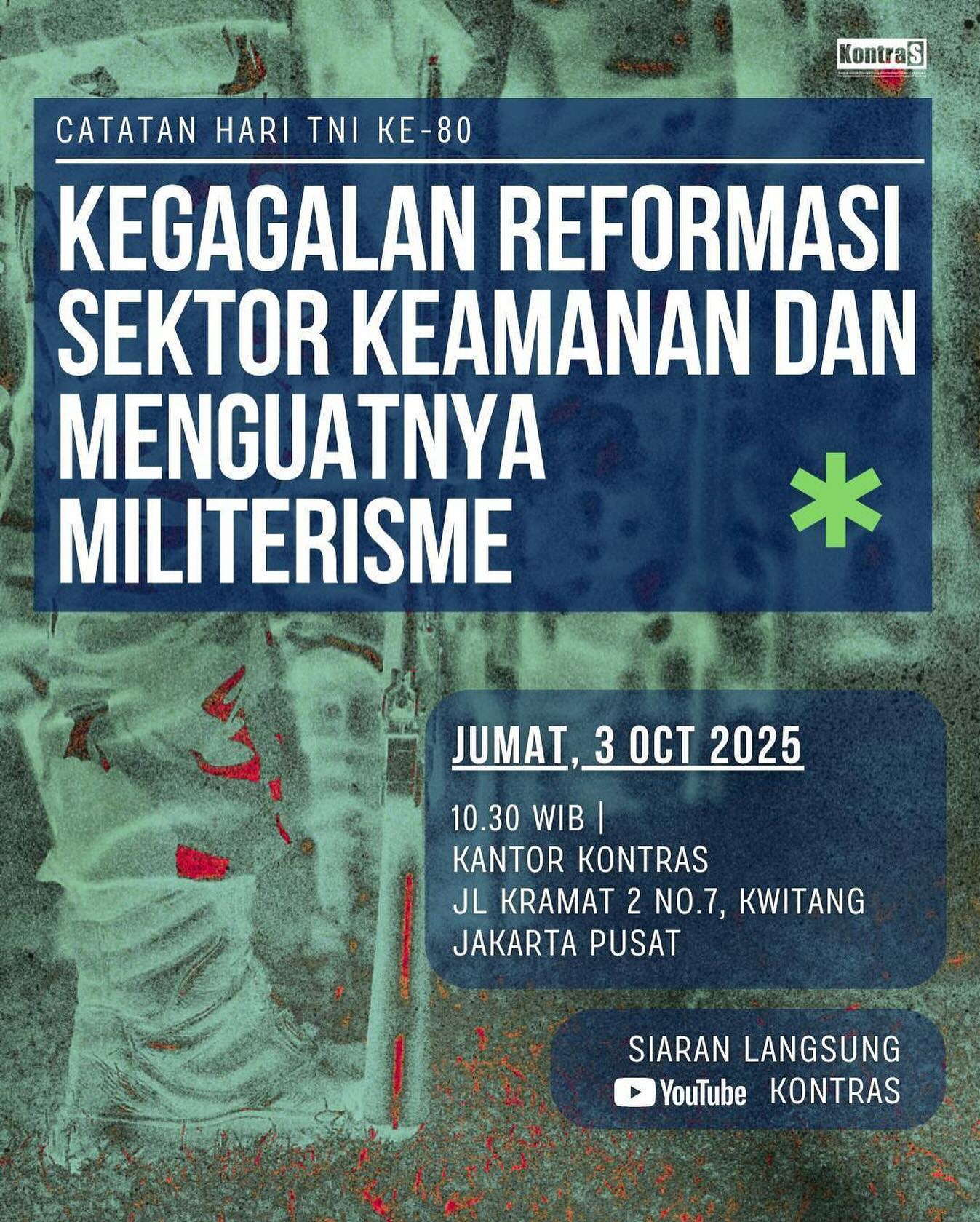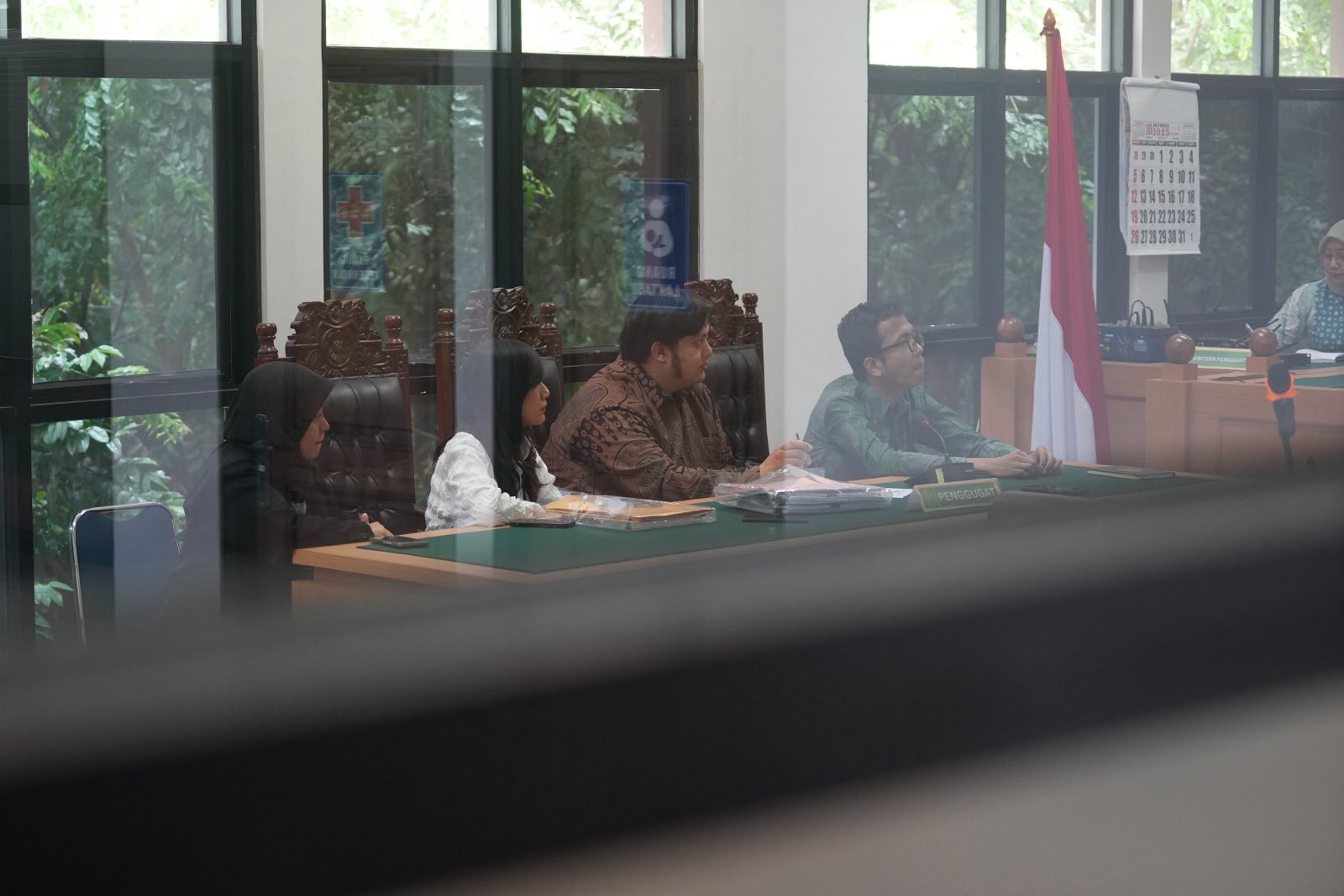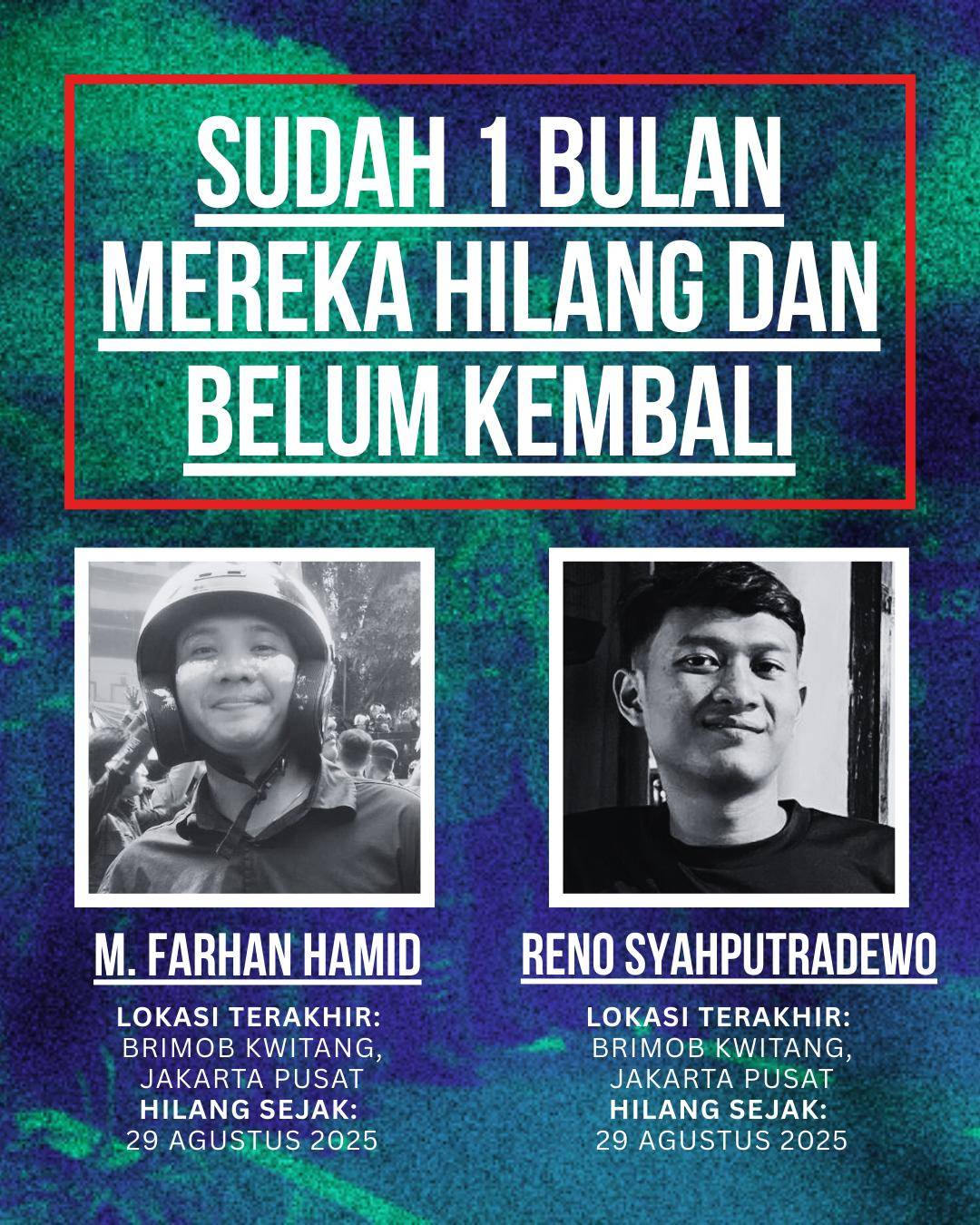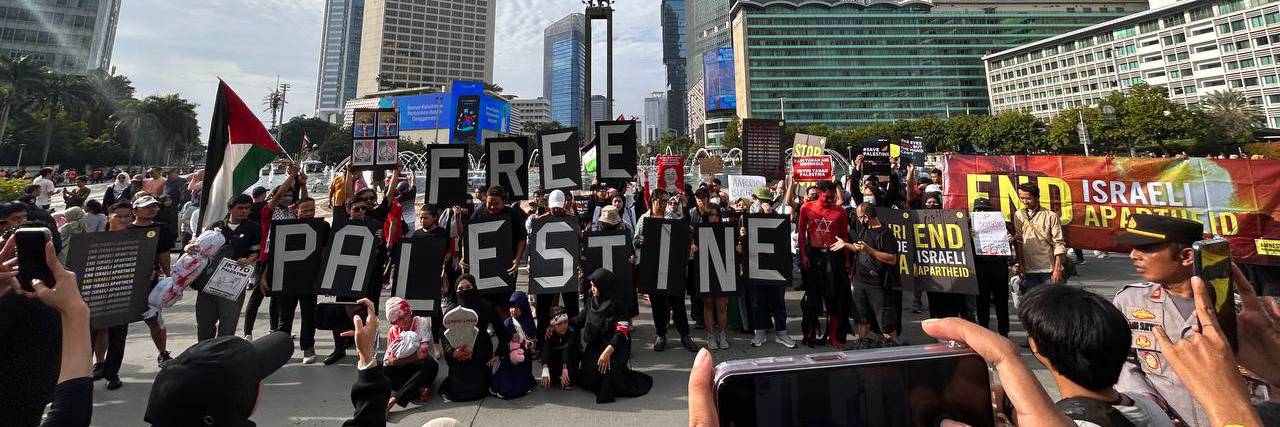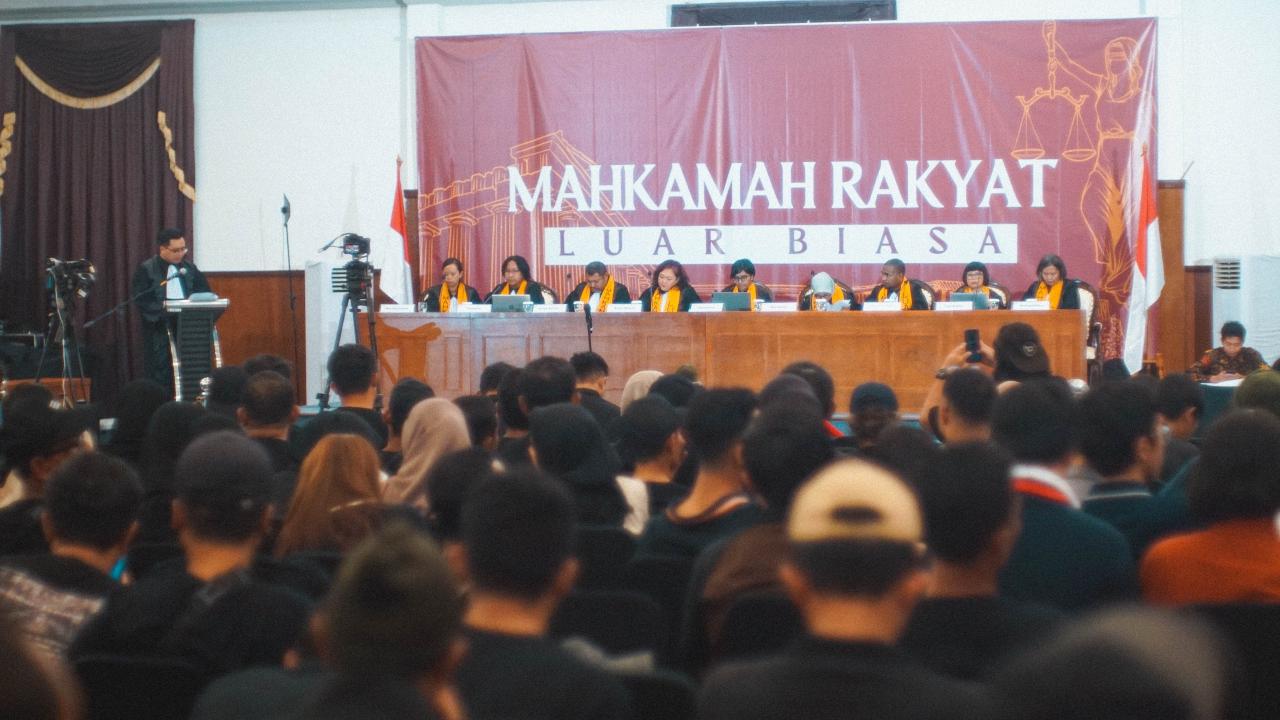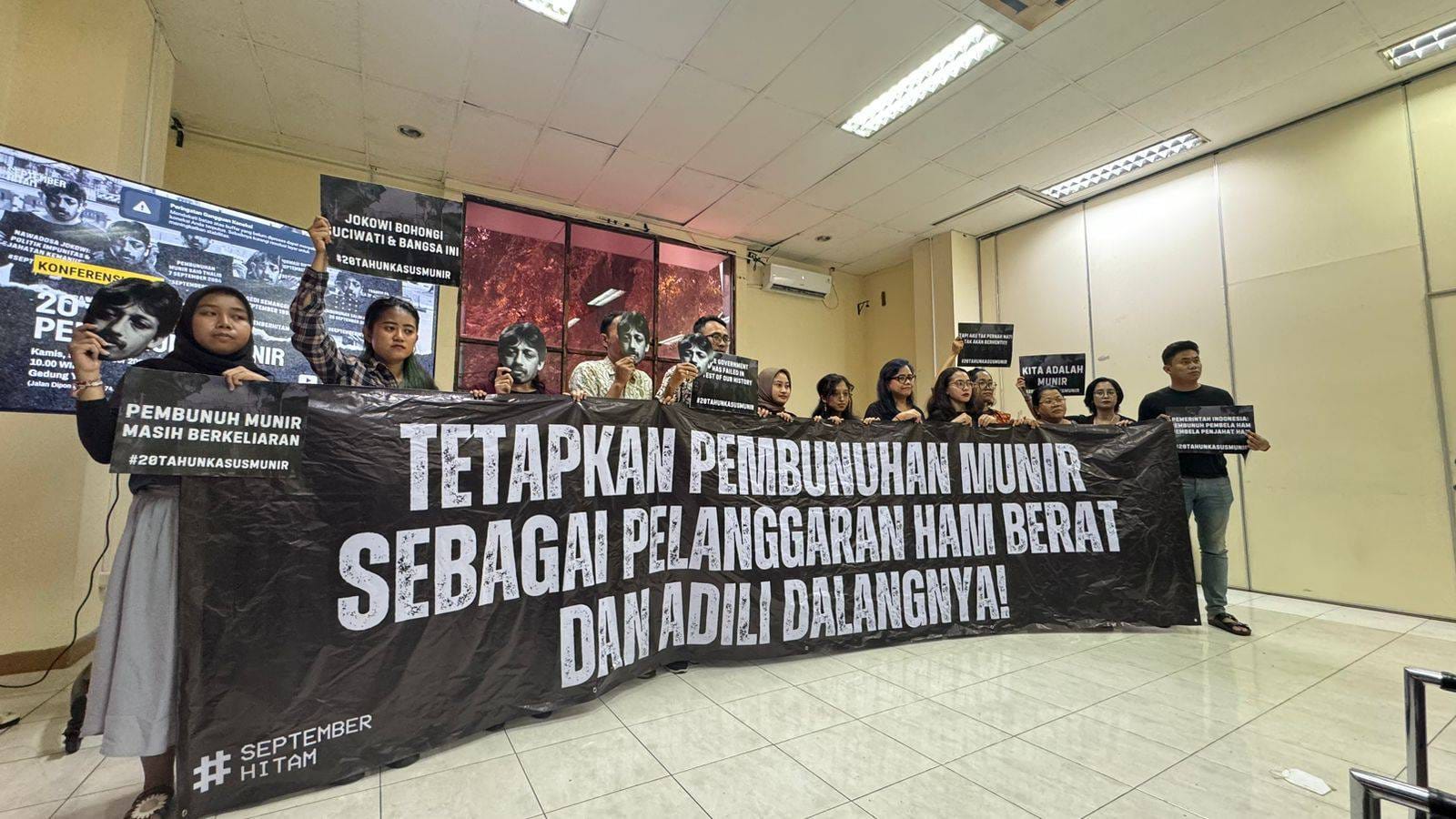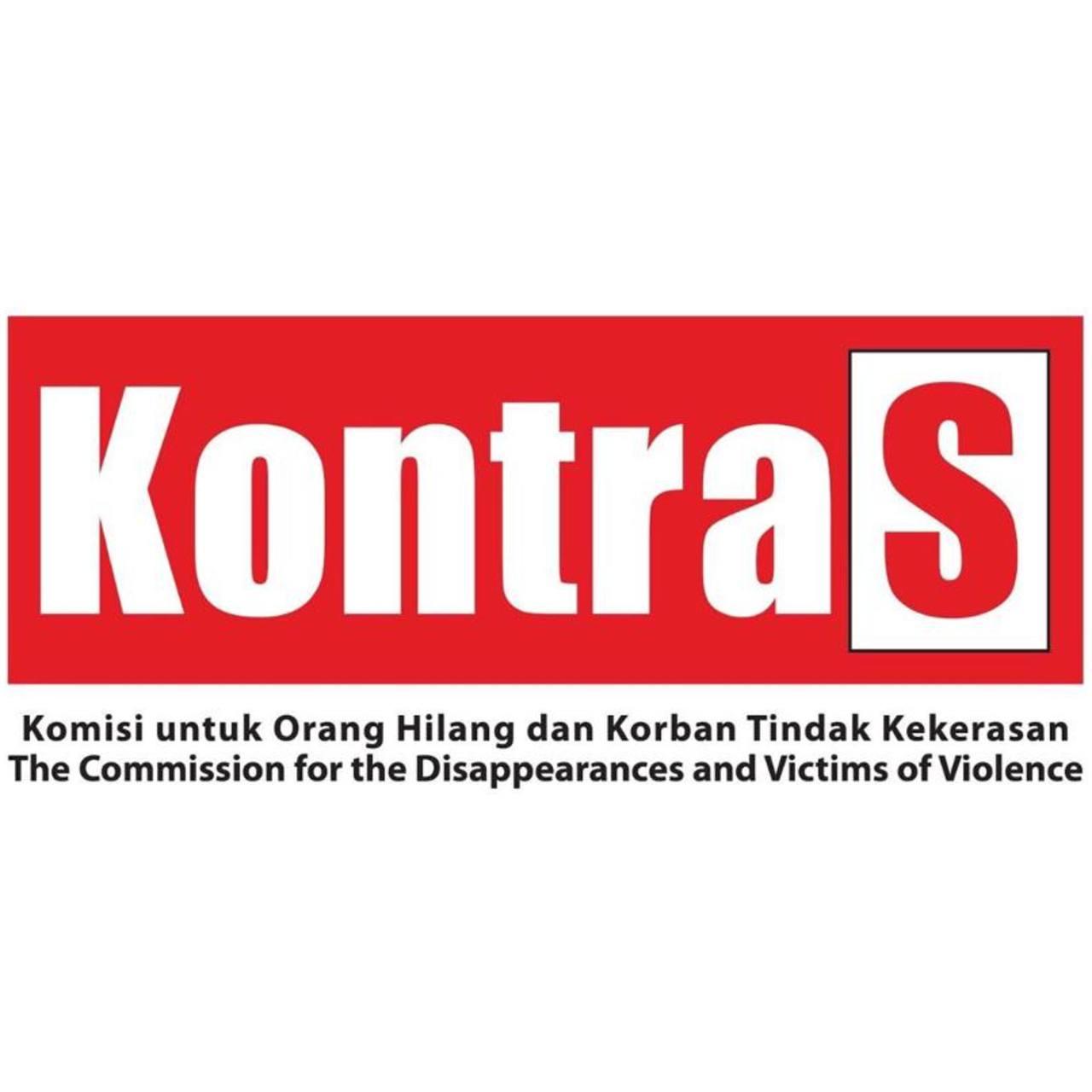On Tuesday, 23 September 2024 local time, Prabowo Subianto is scheduled to represent Indonesia in delivering a speech at the United Nations General Assembly. In response, KontraS has conveyed a number of notes to ensure that Prabowo’s speech does not merely serve as a symbolic gesture or reactive response, but rather carries substantive meaning for humanitarian diplomacy in the region while also demonstrating a genuine commitment to improving the human rights situation at home.
First, the Indonesian government must open space for evaluation in line with its stated commitments, including through cooperation with UN mechanisms, particularly the UN Special Rapporteurs. We note that during the 2020 - 2025 period, Indonesia repeatedly delayed, rejected, or failed to respond to visit requests from various UN mandates, including the Working Group on Enforced or Involuntary Disappearances (renewed request in 2025), the Special Rapporteur on Human Rights Defenders (renewed request in 2025), and the Special Rapporteur on the Independence of Judges and Lawyers, whose request was formally rejected by the Indonesian government in 2023.1
The government’s delays and refusals of visit requests from Special Rapporteurs intending to carry out special missions in Indonesia have clearly hindered their work in evaluating the domestic human rights situation. On the other hand, visits by UN Special Rapporteurs with various mandates should serve as opportunities for Indonesian civil society to provide assessments and follow-up on the stagnant human rights situation at home. The government’s unwillingness to open space for independent evaluation demonstrates a disregard for human rights enforcement and may create the impression that it is attempting to conceal ongoing violations. Worse still, there has been no genuine effort from the Indonesian government, particularly through the Ministry of Foreign Affairs, to improve the deteriorating human rights situation.
Second, the Indonesian government must implement international recommendations regarding the fulfillment of civil and political rights and transparently demonstrate progress in their implementation. More than a year after the review session of the International Covenant on Civil and Political Rights (ICCPR) held on 11 - 12 March 2024, in Geneva, Indonesia has yet to demonstrate transparency in addressing a number of concerns raised by the UN Human Rights Committee, which highlighted serious shortcomings in the protection of civil and political rights in the country. These concerns include impunity and lack of accountability for past human rights violations such as the unresolved murder of Munir, human rights violations in Papua, the use of the death penalty, restrictions on freedom of expression through the implementation of the Electronic Information and Transactions (ITE) Law, and weak protections for human rights defenders.2 Rather than demonstrating improvement, one year after the review, the Indonesian government has instead shown regression in fulfilling civil and political rights.
Third, the Indonesian government must put an end to trade relations between Indonesia and Israel as a concrete step of solidarity with the Palestinian people. According to data from the Indonesian Central Bureau of Statistics (BPS), as of July 2025, export activities amounted to USD 145,526,927.61 (equivalent to IDR 2,414,291,729,049.90) and imports amounted to USD 20,142,350.78 (equivalent to IDR 334,161,599,440.20) between Indonesia and Israel.3 These figures indicate an increase compared to the same period in 2024, when trade was recorded at USD 131,209,711.19 (equivalent to IDR 2,176,769,108,642.10).
This increasing trend in trade reflects the Indonesian government’s double standards. This is evident particularly after the statement made by Deputy Foreign Minister Anis Matta at the Extraordinary OIC Summit in Riyadh, Saudi Arabia, on November 11, 2024, in which he called on member states of the Organization of Islamic Cooperation (OIC) to sever all forms of economic relations with Israel in order to pressure it to end its aggression against Palestinian civilians.
Fourth, Indonesia must promptly ratify the Optional Protocol to the Convention Against Torture (OPCAT) as an international instrument that complements the Convention Against Torture (CAT) and provides a preventive mechanism against torture through the establishment of an independent national monitoring mechanism. To this day, although Indonesia has ratified the CAT since 1998, practices of torture and other inhuman treatment continue and even tend to increase, particularly by security forces in the context of law enforcement as well as in conflict situations in Papua. The absence of an effective prevention mechanism has perpetuated impunity and left victims struggling to obtain justice. By ratifying the OPCAT, Indonesia would be obliged to establish a National Preventive Mechanism (NPM) that enables independent monitoring of places of detention and ensures transparency and accountability of state apparatus. However, despite years of discourse on ratification, the Indonesian government has yet to demonstrate genuine commitment, resulting in an increasingly alarming situation of torture and reflecting a serious regression in the protection of human rights.
Fifth, Indonesia must promptly ratify the International Convention for the Protection of All Persons from Enforced Disappearance (ICPPED) as a preventive measure to ensure that the practice of enforced disappearances does not continue to recur in the future. To this day, Indonesia has yet to ratify the Convention, despite having signed it on 27 September 2010. Most recently, during the action period of 25 - 31 August 2025, KontraS’ Missing Persons Post recorded 44 reports, with 33 individuals categorized as victims of enforced disappearance. Two of them, M. Farhan Hamid and Reno Syahputeradewo, remain missing after participating in a demonstration. The ratification of the ICPPED is crucial given the prevalence of enforced disappearance cases in Indonesia, which persists in the absence of a legal framework that explicitly prohibits and protects society from this practice.
The call for Indonesia to promptly ratify the ICPPED has also drawn international attention, including through the Universal Periodic Review (UPR) Cycle 4 on 9 November 2022, where several states such as Brazil, Argentina, France, and Japan recommended that the Indonesian government ratify the Convention it has signed since 2010.
With the mentioned concerns, KontraS stresses that Prabowo’s speech at the UN General Assembly must not remain mere diplomatic rhetoric. The Indonesian government must prove its commitment through concrete steps: opening itself to independent evaluation, implementing international recommendations, ending practices and relations that contradict human rights principles, and immediately ratifying the ICPPED. Without real action, any speech delivered at the international forum will only underscore the gap between Indonesia’s diplomatic claims and the grim reality of its domestic human rights situation.
Jakarta, 23 September 2025
Dimas Bagus Arya
Coordinator of KontraS
1 View Country visits of Special Procedures of the Human Rights Council since 1998 https://spinternet.ohchr.org/ViewCountryVisits.aspx?visitType=all&lang=en
2 CCPR/C/IDN/CO/2: Concluding observations on the second periodic report of Indonesia https://www.ohchr.org/en/documents/concluding-observations/ccprcidnco2-concluding-observations-second-periodic-report
3 Badan Pusat Statistik. 2025. Data Ekspor Impor Nasional antara Indonesia dengan Israel, diakses melalui https://www.bps.go.id/id/exim
Tags
Palestina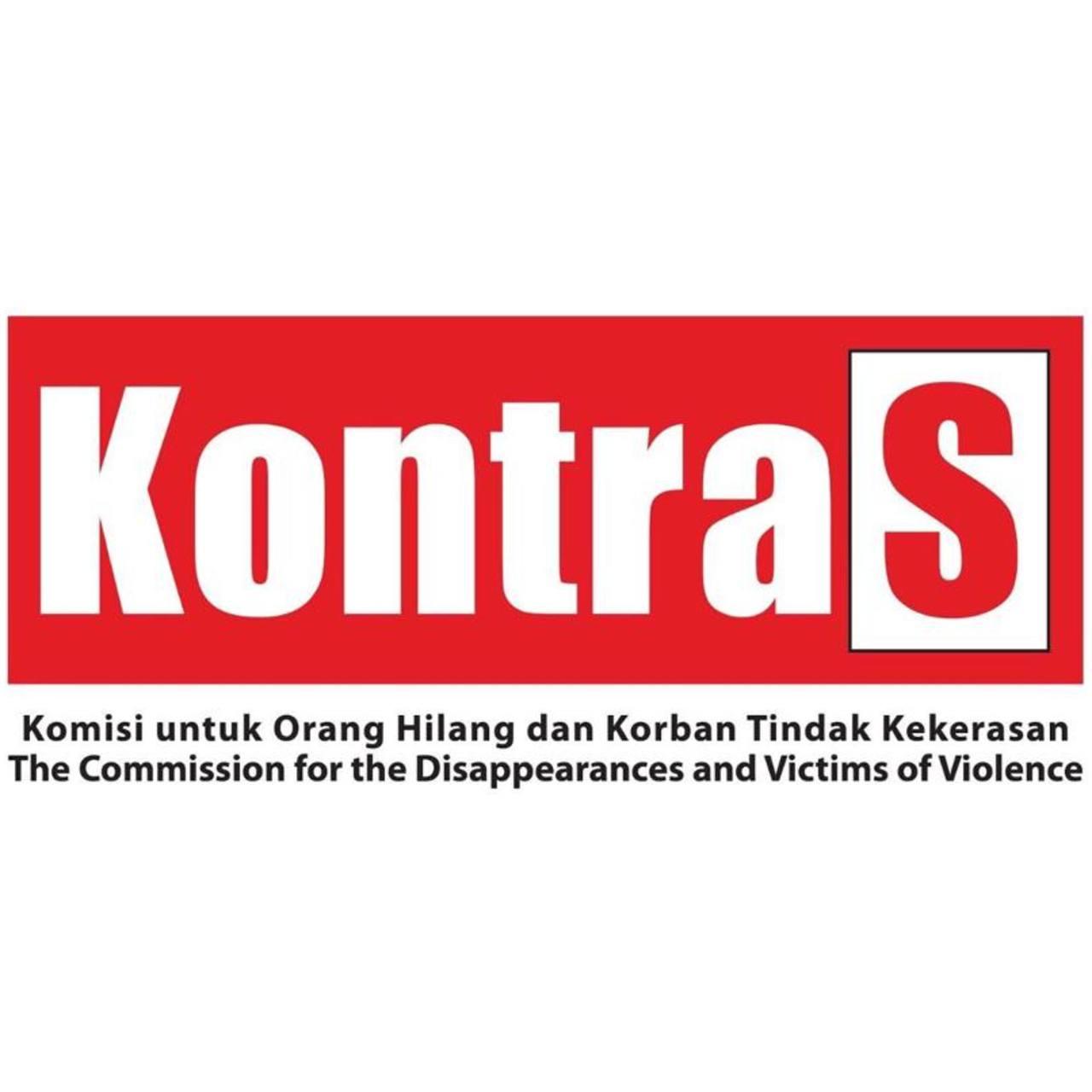
KontraS
Komisi Untuk Orang Hilang dan Korban Tindak Kekerasan

